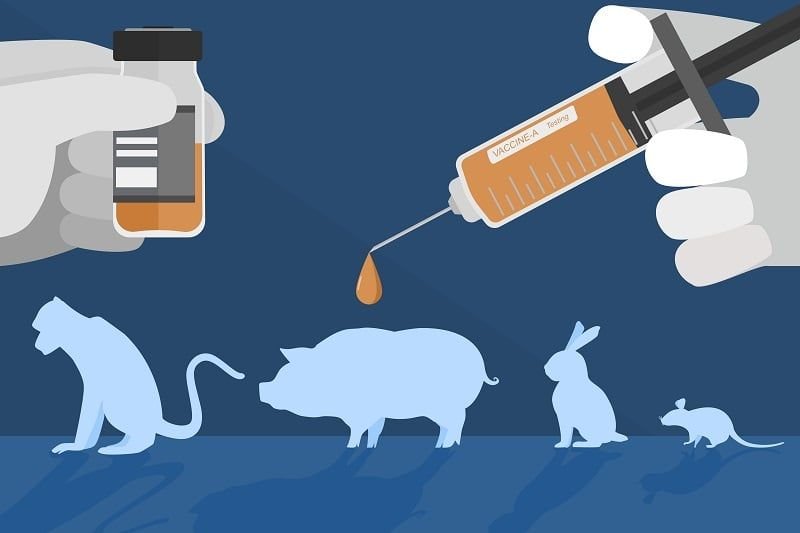
Animal Testing: Ethical Dilemma
Introduction
Animal testing has been a controversial topic for decades, stirring emotions and debates on both sides of the argument. While it has contributed to numerous medical and scientific breakthroughs, it also raises important ethical concerns. This blog post delves into the complexities of animal testing, exploring its history, current practices, and the ongoing debate surrounding its necessity and ethical implications.
The History of Animal Testing
The history of animal testing can be traced back to ancient civilizations, where animals were used for various experiments and observations. However, modern animal testing gained prominence in the 19th and 20th centuries, with the development of medical and scientific research. Rats, mice, rabbits, and primates have been common subjects in experiments due to their genetic similarities to humans.
The Goals and Uses of Animal Testing
Animal testing is primarily conducted for three main purposes:
Safety Testing: This involves determining the potential toxicity and side effects of new drugs, chemicals, and consumer products.
Biomedical Research: Animals are used to study diseases, develop treatments, and understand the human body's physiological processes.
Cosmetic Testing: Some cosmetics and personal care products are tested on animals to ensure their safety for human use, though this practice has significantly decreased in recent years due to public outcry.
Ethical Concerns
The ethical concerns surrounding animal testing are multifaceted and include:
Animal Welfare: Critics argue that subjecting animals to experiments can lead to suffering, pain, and discomfort. Ethical questions arise about whether the benefits to humans justify the harm caused to animals.
Alternatives: Advances in technology have led to the development of alternative testing methods such as in vitro studies and computer simulations, which some argue are more humane and equally effective.
Questionable Validity: Critics also contend that results obtained from animal tests do not always translate accurately to humans, raising doubts about the scientific validity of these experiments.
Regulations and Progress
To address these concerns, various countries and organizations have implemented regulations and guidelines to ensure the ethical treatment of animals used in testing. The Three Rs principle (Replace, Reduce, Refine) promotes the reduction of animal usage and the refinement of experiments to minimize suffering.
Furthermore, the scientific community is actively exploring alternatives to animal testing. Organ-on-a-chip technology and human cell-based assays are becoming more prevalent, offering more accurate representations of human biology without the use of animals.
Conclusion
Animal testing remains a contentious issue, with valid arguments on both sides. While it has contributed to important medical breakthroughs, the ethical concerns surrounding it persist. The push for alternative methods and stricter regulations reflects society's evolving values and a desire to balance scientific progress with ethical considerations. Ultimately, the ongoing debate surrounding animal testing highlights the need for transparency, scrutiny, and the pursuit of more humane and effective research methods in the pursuit of scientific knowledge.
Comment
Ema Zemirli
Animals texting is a very big dilemma but as we say, it’s for science. Thank you teacher Nihad for sharing.
Abdessamad Bettiche
I enjoy this occupation. Interesting topic thanks for sharing.
Dina Belkacem
i like this job miss
Dalel Hamadouche
Animal testing can look crual but it can also save million lives. For exemple when a pharmaceutical company elaborates a new treatment, it's first tested on animals that are close to humans like monkeys.....it's sad but ofte6necessary for human's sake...















